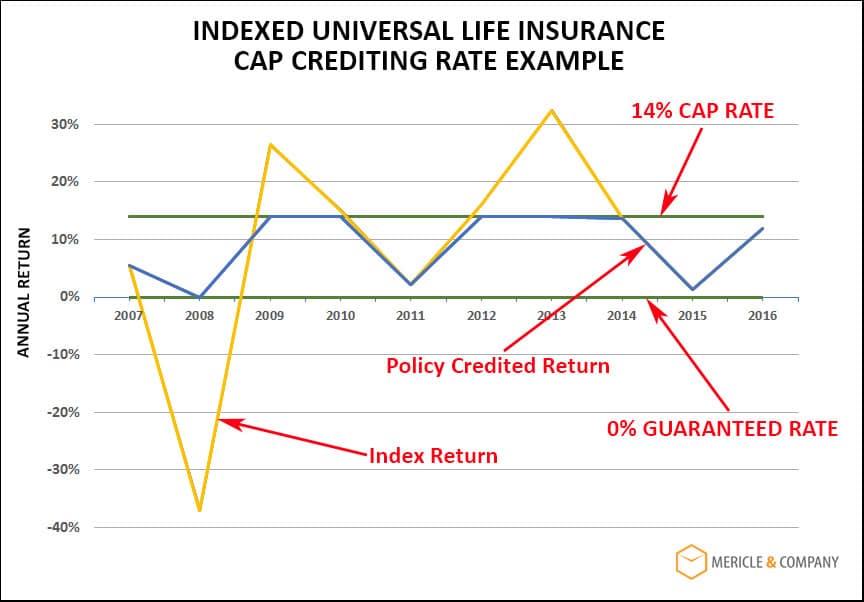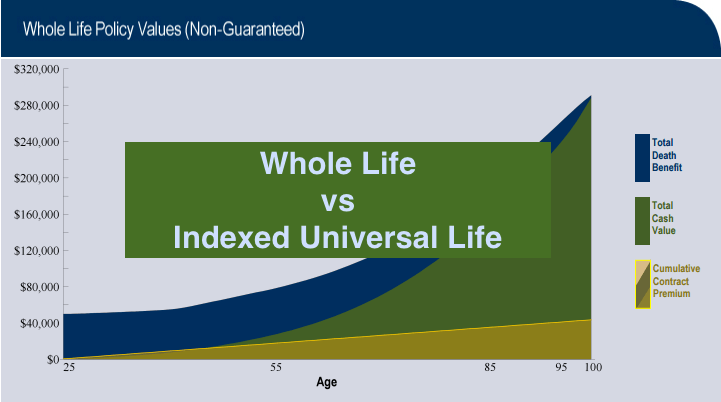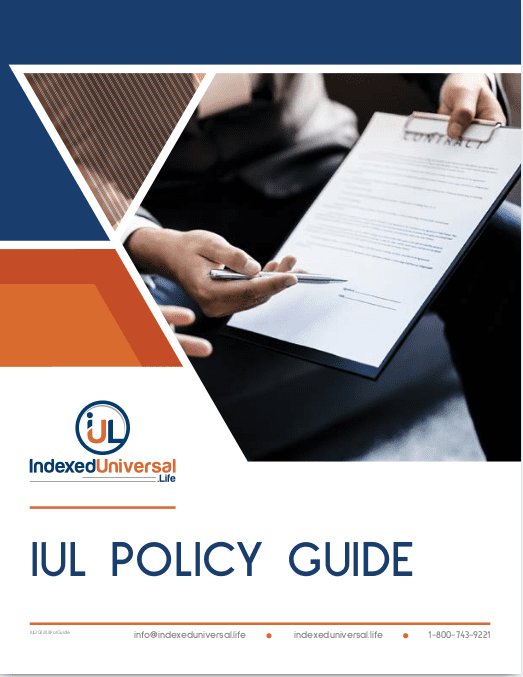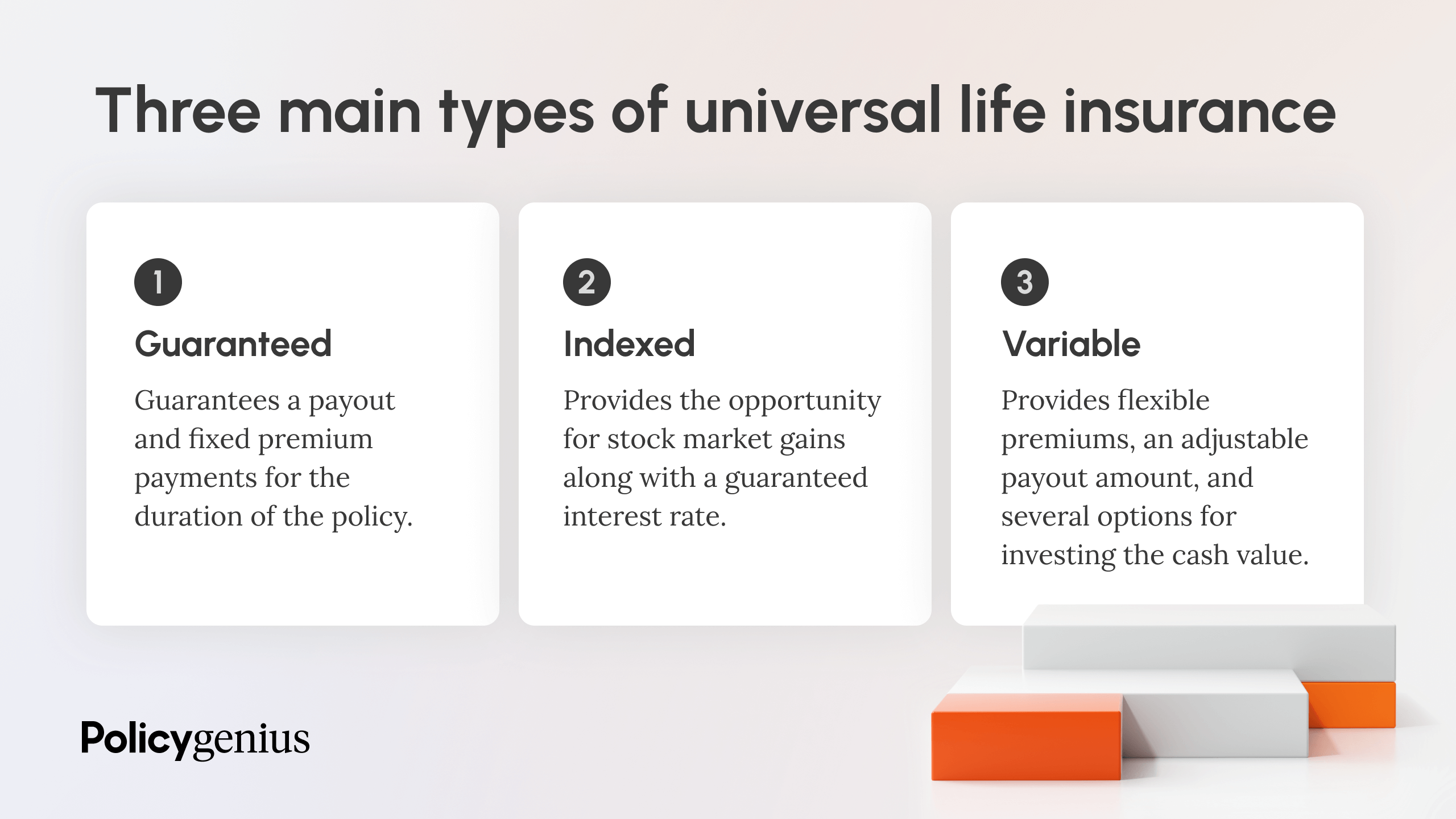All Categories
Featured
Table of Contents
Do they compare the IUL to something like the Lead Total Amount Stock Market Fund Admiral Shares with no tons, an expense proportion (ER) of 5 basis factors, a turn over ratio of 4.3%, and a phenomenal tax-efficient record of circulations? No, they contrast it to some awful proactively taken care of fund with an 8% tons, a 2% ER, an 80% turn over proportion, and a terrible document of temporary resources gain circulations.
Mutual funds often make yearly taxed circulations to fund owners, even when the value of their fund has actually dropped in value. Shared funds not just need revenue reporting (and the resulting yearly taxes) when the shared fund is rising in value, however can additionally impose revenue taxes in a year when the fund has actually gone down in value.
You can tax-manage the fund, harvesting losses and gains in order to decrease taxed circulations to the financiers, however that isn't in some way going to alter the reported return of the fund. The ownership of common funds may call for the mutual fund proprietor to pay estimated taxes (maximum funded life insurance).

IULs are simple to place to ensure that, at the proprietor's fatality, the recipient is not subject to either income or inheritance tax. The exact same tax reduction techniques do not work almost also with shared funds. There are various, usually pricey, tax traps connected with the timed trading of mutual fund shares, catches that do not relate to indexed life insurance policy.
Chances aren't extremely high that you're mosting likely to undergo the AMT because of your shared fund distributions if you aren't without them. The rest of this one is half-truths at finest. While it is true that there is no income tax due to your successors when they inherit the proceeds of your IUL plan, it is additionally true that there is no income tax due to your heirs when they inherit a common fund in a taxed account from you.
Adjustable Whole Life Insurance
The federal inheritance tax exemption restriction is over $10 Million for a pair, and expanding yearly with inflation. It's a non-issue for the huge bulk of doctors, a lot less the remainder of America. There are far better methods to stay clear of estate tax concerns than acquiring financial investments with reduced returns. Common funds may create earnings taxes of Social Security benefits.

The growth within the IUL is tax-deferred and may be taken as free of tax income through finances. The policy owner (vs. the common fund manager) is in control of his/her reportable revenue, therefore enabling them to lower or perhaps eliminate the taxation of their Social Safety benefits. This one is great.
Below's an additional very little concern. It's real if you purchase a shared fund for say $10 per share simply prior to the circulation date, and it disperses a $0.50 distribution, you are then going to owe tax obligations (probably 7-10 cents per share) despite the fact that you haven't yet had any type of gains.
In the end, it's truly about the after-tax return, not exactly how much you pay in taxes. You're also probably going to have even more money after paying those taxes. The record-keeping requirements for having mutual funds are dramatically extra intricate.
With an IUL, one's documents are maintained by the insurance provider, copies of annual statements are mailed to the owner, and circulations (if any) are totaled and reported at year end. This is likewise type of silly. Naturally you should keep your tax obligation documents in situation of an audit.
Best Iul Companies
All you have to do is push the paper right into your tax folder when it turns up in the mail. Rarely a reason to buy life insurance policy. It's like this man has actually never ever spent in a taxable account or something. Mutual funds are frequently part of a decedent's probated estate.
In addition, they undergo the hold-ups and expenses of probate. The earnings of the IUL policy, on the other hand, is always a non-probate distribution that passes beyond probate directly to one's called beneficiaries, and is as a result exempt to one's posthumous creditors, undesirable public disclosure, or comparable delays and expenses.
We covered this under # 7, but just to wrap up, if you have a taxable shared fund account, you have to put it in a revocable trust (or perhaps much easier, utilize the Transfer on Death classification) in order to prevent probate. Medicaid disqualification and life time earnings. An IUL can provide their owners with a stream of earnings for their whole lifetime, no matter of the length of time they live.

This is beneficial when arranging one's events, and transforming properties to earnings before an assisted living facility confinement. Mutual funds can not be converted in a comparable fashion, and are generally thought about countable Medicaid properties. This is one more foolish one advocating that inadequate individuals (you understand, the ones that require Medicaid, a federal government program for the bad, to spend for their retirement home) should use IUL rather than common funds.
What Is The Difference Between Universal And Term Life Insurance
And life insurance policy looks horrible when contrasted fairly versus a pension. Second, individuals that have money to acquire IUL above and beyond their pension are going to have to be dreadful at taking care of money in order to ever before receive Medicaid to spend for their assisted living home prices.
Chronic and incurable ailment rider. All policies will certainly allow a proprietor's very easy access to money from their plan, usually forgoing any abandonment penalties when such people endure a major ailment, need at-home treatment, or come to be restricted to an assisted living facility. Mutual funds do not supply a similar waiver when contingent deferred sales costs still relate to a common fund account whose proprietor requires to sell some shares to fund the costs of such a remain.
Best Iul Life Insurance Companies
Yet you obtain to pay even more for that advantage (motorcyclist) with an insurance coverage. What a large amount! Indexed universal life insurance policy offers fatality advantages to the beneficiaries of the IUL proprietors, and neither the proprietor nor the recipient can ever before shed money because of a down market. Mutual funds provide no such warranties or death benefits of any kind.
I absolutely don't require one after I get to economic freedom. Do I desire one? On standard, a buyer of life insurance pays for the real cost of the life insurance policy benefit, plus the costs of the plan, plus the profits of the insurance business.
Nationwide Universal Life
I'm not entirely sure why Mr. Morais included the entire "you can't lose money" once again right here as it was covered rather well in # 1. He just intended to duplicate the very best marketing point for these things I suppose. Once again, you do not shed nominal bucks, however you can shed real dollars, in addition to face severe possibility cost due to low returns.

An indexed global life insurance coverage plan proprietor might trade their plan for a totally various policy without causing revenue tax obligations. A common fund proprietor can not relocate funds from one shared fund business to an additional without marketing his shares at the former (thus activating a taxed event), and redeeming new shares at the last, frequently subject to sales fees at both.
While it is real that you can exchange one insurance plan for one more, the factor that people do this is that the first one is such a dreadful plan that also after getting a brand-new one and going through the very early, adverse return years, you'll still appear ahead. If they were marketed the ideal plan the very first time, they should not have any kind of desire to ever exchange it and undergo the early, adverse return years once again.
Table of Contents
Latest Posts
Buy Iul
Eiul Insurance
Which Is Better Whole Life Or Universal Life
More
Latest Posts
Buy Iul
Eiul Insurance
Which Is Better Whole Life Or Universal Life